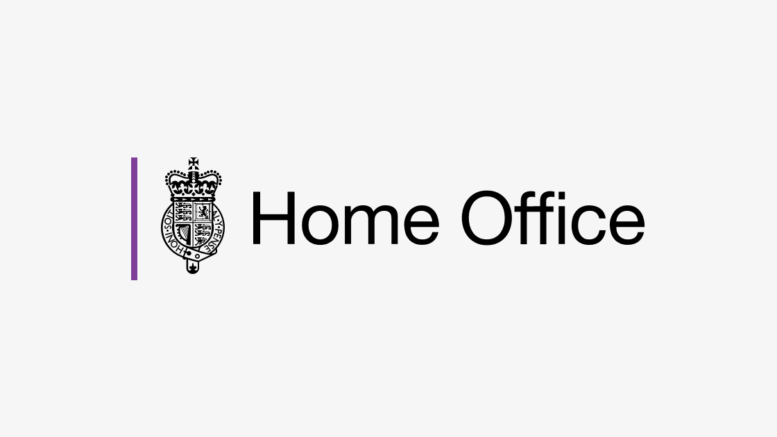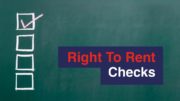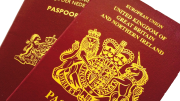Landlords have been reminded that when renting to European Economic Area nationals, they are now required to make immigration status checks under the Right to Rent rules.
Most EEA citizens resident in the UK will have made an application to the EU Settlement Scheme and will have been provided with digital evidence of their UK immigration status, according to the Home Office. If so, they will be able to provide evidence of their right to rent by sharing their immigration status digitally (known as an eVisa), using the Home Office online right to rent service on GOV.UK.
‘There will, however, be other EEA citizens who have another form of leave in the UK, which is held in a physical document, for example an endorsement in a passport, visa or vignette. Those documents are included in the prescribed document lists, providing landlords with a statutory excuse against liability for a civil penalty’.
So says updated Code of practice on right to rent: Civil penalty scheme for landlords and their agents, one of a raft of yet more ‘right to rent’ guidance from the Home Offices.
Landlords of properties throughout England are required to check prospective tenants have the right to rent before letting them a property.
The code explains who is covered by the rule, if any exemptions apply, how to carry out right to rent checks, what documents can be accepted as evidence, when and how to request a right to rent check from the Home Office, how to avoid unlawful discrimination when conducting right to rent checks, and how the civil penalty scheme works.
Right to rent immigration checks: landlords’ code of practice, includes:
- Code of practice on right to rent: civil penalty scheme for landlords and their agents, in force from 6 April 2022
- Draft code of practice on right to rent: civil penalty scheme for landlords and their agents, March 2022
- Code of practice for landlords: avoiding unlawful discrimination when conducting ‘right to rent’ checks in the private rented residential sector
- Code of practice for landlords: avoiding unlawful discrimination when conducting ‘right to rent’ checks in the private rented residential sector, in force from 6 April 2022
- Draft code of practice for landlords: avoiding unlawful discrimination when conducting ‘right to rent’ checks in the private rented residential sector, March 2022







